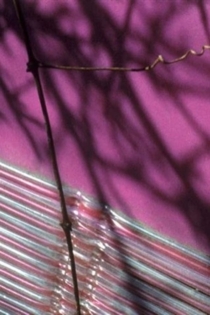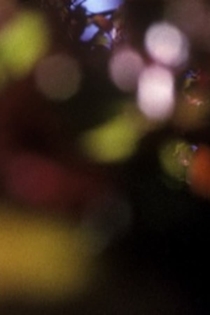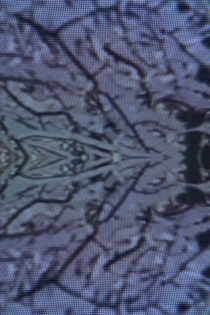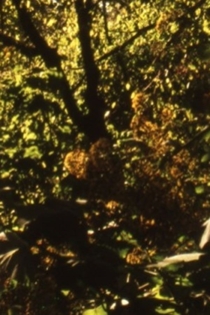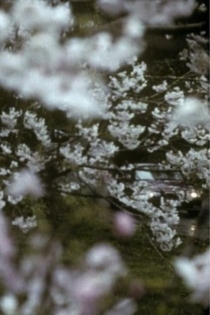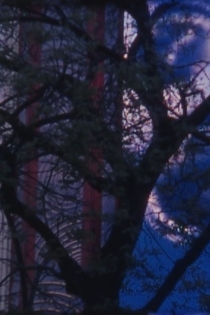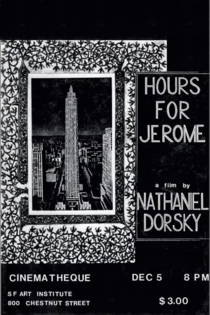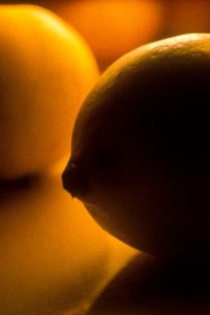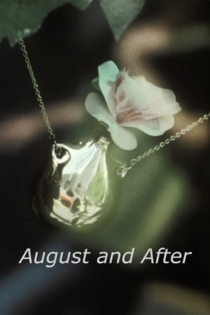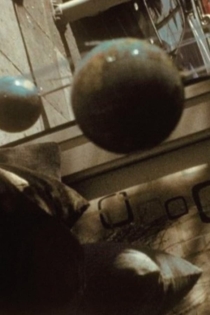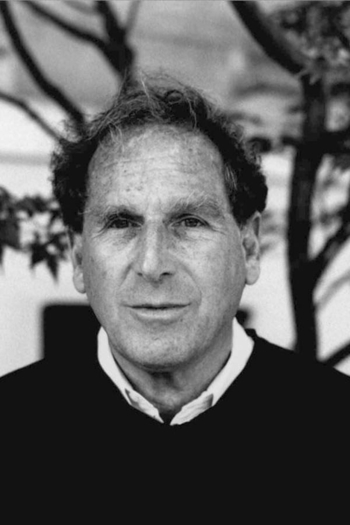
Nathaniel Dorsky
1943 (83 года)The rest of the Eighties found Dorsky experimenting with new forms and materials: 1987’s Alaya was made up entirely of footage of shifting sand, and 1983’s Ariel, which had a rare public screening at this year’s New York Film Festival, is a beautiful hand-processed film full of thin, tremulous vertical lines and see-sawing horizontals. It was with 1996’s Triste—edited from over 20 years’ worth of footage—that Dorsky, as he once put it, fully arrived at “the level of cinema language that I have been working towards.” Since then, he’s made 16 luminous, description-defying short films, each with their own distinct tones and shadings. In films like Compline (09), August and After (12), and his two most recent titles, Spring and Song, Dorsky creates what he’s often called a “floating world,” in which street scenes, household interiors, meadows, rivers and forests are transformed into playgrounds for light, color and shadow. In a field often dominated by frenetic cutting and/or prolonged stasis, Dorsky’s films unfurl gradually but steadily in a kind of hushed suspension. They’re often attempts to do with light and texture what, in his book Devotional Cinema, Dorsky praised Mozart for having done in key changes and melodic lines: to “wed [a] style to the human metabolism in every detail".
The Visitation
Nathaniel Dorsky
The first of two devotional songs. Part One of a set of Two Devotional Songs. “The Visitation” is a gradual unfolding, an arrival so to speak. I felt the necessity to describe an occurrence, not one specifically of time and place, but one of revelation in one’s own psyche. The place of articulation is not so much in the realm of images as information, but in the response of the heart to the poignancy of the cuts.
The Visitation
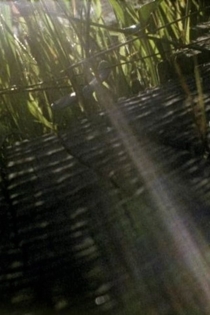
Triste
Nathaniel Dorsky
Triste is an indication of the level of cinema language that I have been working towards. By delicately shifting the weight and solidity of the images, and bringing together subject matter not ordinarily associated, a deeper sense of impermanence and mystery can open. The images are as much pure-energy objects as representation of verbal understanding and the screen itself is transformed into a “speaking” character. The “sadness” referred to in the title is more the struggle of the film itself to become a film as such, rather than some pervasive mood. N. D.
Triste
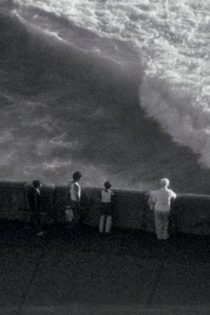
Rembrandt Laughing
Jon Jost
Jon A. English, Barbara Hammes
This film is a portrait of the passage of one year in the lives of some San Francisco friends, circa 1988 (before the dot.coming of the city), a slow marijuana hazed story which drifts like the fabled fog, encompassing the quirks and habits of a generation that made the city theirs, if only for a while. Very obliquely Rembrandt Laughing sketches the time and place, encompassing the AIDS epidemic, the casual sexual revolution, the debris of '68 lingering in the air. A quiet, very San Francisco comedy of life among a small group of friends. Rembrandt Laughing was improvised over the period of about a month by Jost and his friends, mostly acting non-professionals.
Rembrandt Laughing
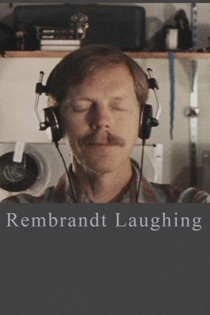
Threnody
Nathaniel Dorsky
Threnody is a somber but luminous progression through a delicate articulation of earthly phenomena… an offering to a friend who died. It is the second of two devotional songs, the first being The Visitation. These two films were preceeded by a series of Four Cinematic Songs: Triste, Variations, Arbor Vitae, and Love’s Refrain.
Threnody
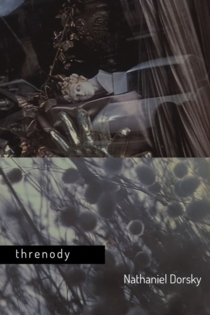
Compline
Nathaniel Dorsky
"Compline is a night devotion or prayer, the last of the canonical hours, the final act in a cycle. This film is also the last film I will be able to shoot in Kodachrome, a film stock I have shot since I was 10 years old. It is a loving duet with and a fond farewell to this noble emulsion." - Nathaniel Dorsky
Compline
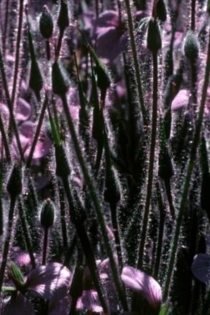
Divided Loyalties
Warren Sonbert
Nathaniel Dorsky, Jerome Hiler
Warren Sonbert described Divided Loyalties as a film 'about art vs. industry and their various crossovers.' According to film critic Amy Taubin, "There is a clear analogy between the filmmaker and the dancers, acrobats and skilled workers who make up so much of his subject matter." -- Jon Gartenberg
Divided Loyalties
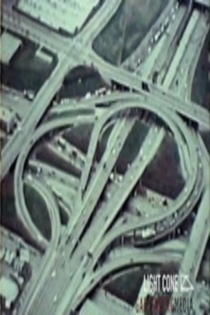
Arbor Vitae
Nathaniel Dorsky
Arbor Vitae is a gesture towards a cinema of pure being. Its atmosphere is haunted by the period in which it was shot, the year of 1999. Although the cuts are open and numerous in their intent, the underlying motivation is the delicate reveal of the transparency of presence, our tender mystery midst the elaborate unfolding of the tree of life.
Arbor Vitae
